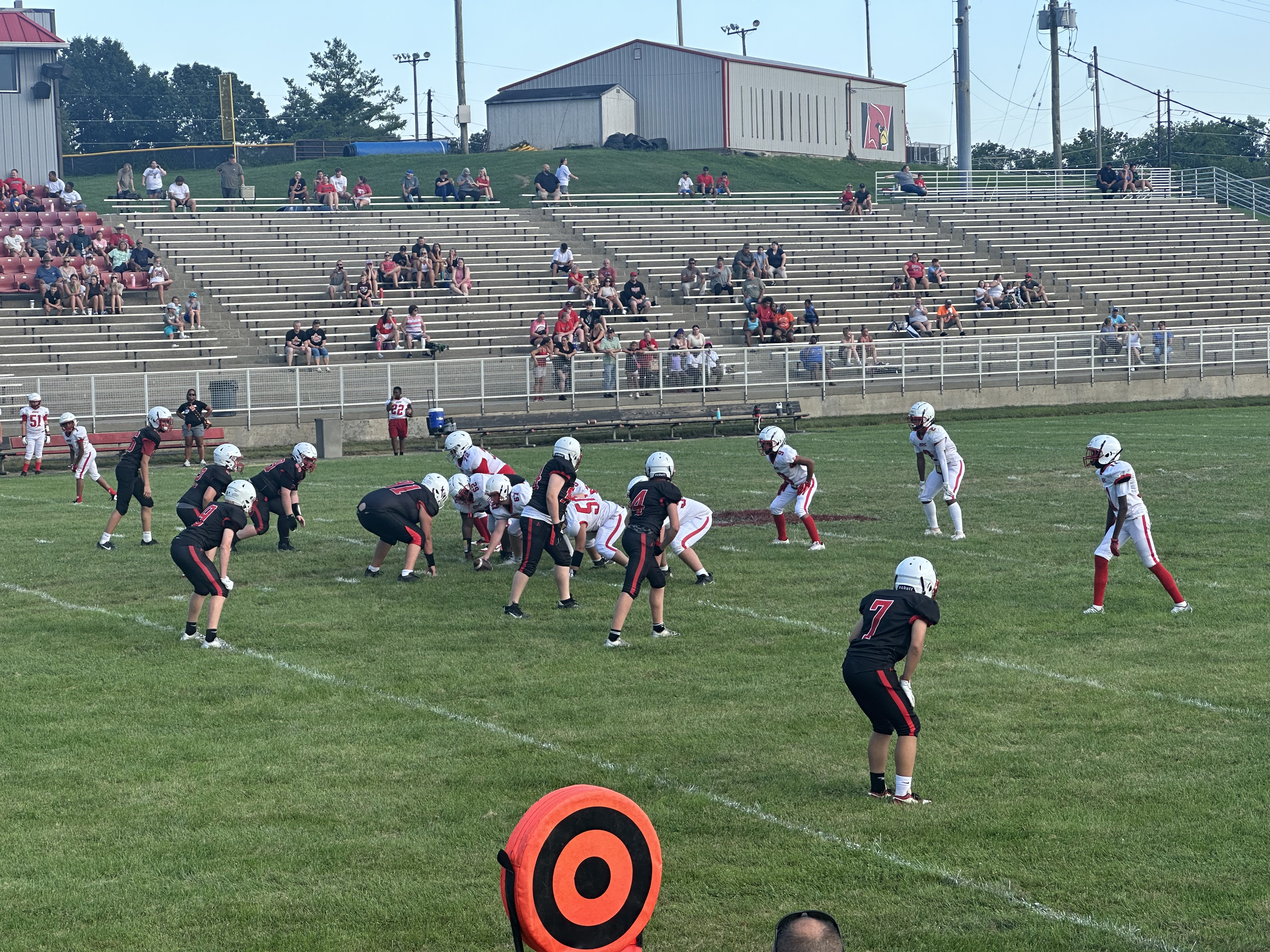Court approved injunction in officer, magistrate case
Published 4:07 pm Monday, June 24, 2019
A judge approved a temporary injunction allowing Winchester police officer and Clark County Magistrate Travis Thompson to continue working as an officer while the legal case continued.
During a hearing Friday, Clark Circuit Judge Brandy Oliver Brown issued her ruling to maintain the status quo as it existed when Thompson filed the suit in March.
Clark County Attorney William Elkins has maintained that Thompson can not fill both roles, arguing Thompson’s oath as magistrate negates the oath he took to be an officer and cited state law prohibiting one person from being a municipal officer and a county officer at the same time.
Trending
Shortly after the suit was filed, Brown issued a temporary restraining order putting Thompson back on the beat with full arrest powers and authority. He had been previously put on administrative duty after Elkins raised the issue and dismissed a number of Thompson’s cases in district court.
“The status quo was in fact he had both jobs,” Brown said.
Rob Johnson, an attorney representing Elkins, argued the restraining order should be dissolved because the only damages listed were financial, which is not construed as irreparable harm legally.
Winchester City Attorney William Dykeman and Thompson’s attorney Brian Thomas argued irreparable harm includes public safety and the sanctity of the election process. Putting Thompson back on administrative duty would take an experienced police officer off the streets, they said, and the public elected Thompson with full knowledge that he was a police officer.
“That to me is the irreparable harm that disrupts the status quo,” Brown said.
Elkins and Johnson also argued that Thompson being a city employee could create a conflict of interest while acting as a magistrate during fiscal court meetings.
Trending
“How does desk duty solve that problem?” Brown asked.
In legal terms, a temporary restraining order is intended as a temporary solution to an immediate problem, while an injunction is more lasting.
At the end of a case, a judge can issue a permanent injunction as well.
The suit was filed in March between Thompson and the city seeking a judge to decide whether Thompson could fill both positions.
In April, Brown allowed Elkins to join the case as an interested party as the main prosecutor for district court and the elected county attorney.
Brown scheduled another hearing for July 29 for arguments about a motion for Brown to rule based on the submitted documents in the case.
She gave Johnson 21 days to file a response to the motion, as Elkins was not a party to the case when the motion was filed.
Thomas and Dykeman then have an additional 10 days to respond.







